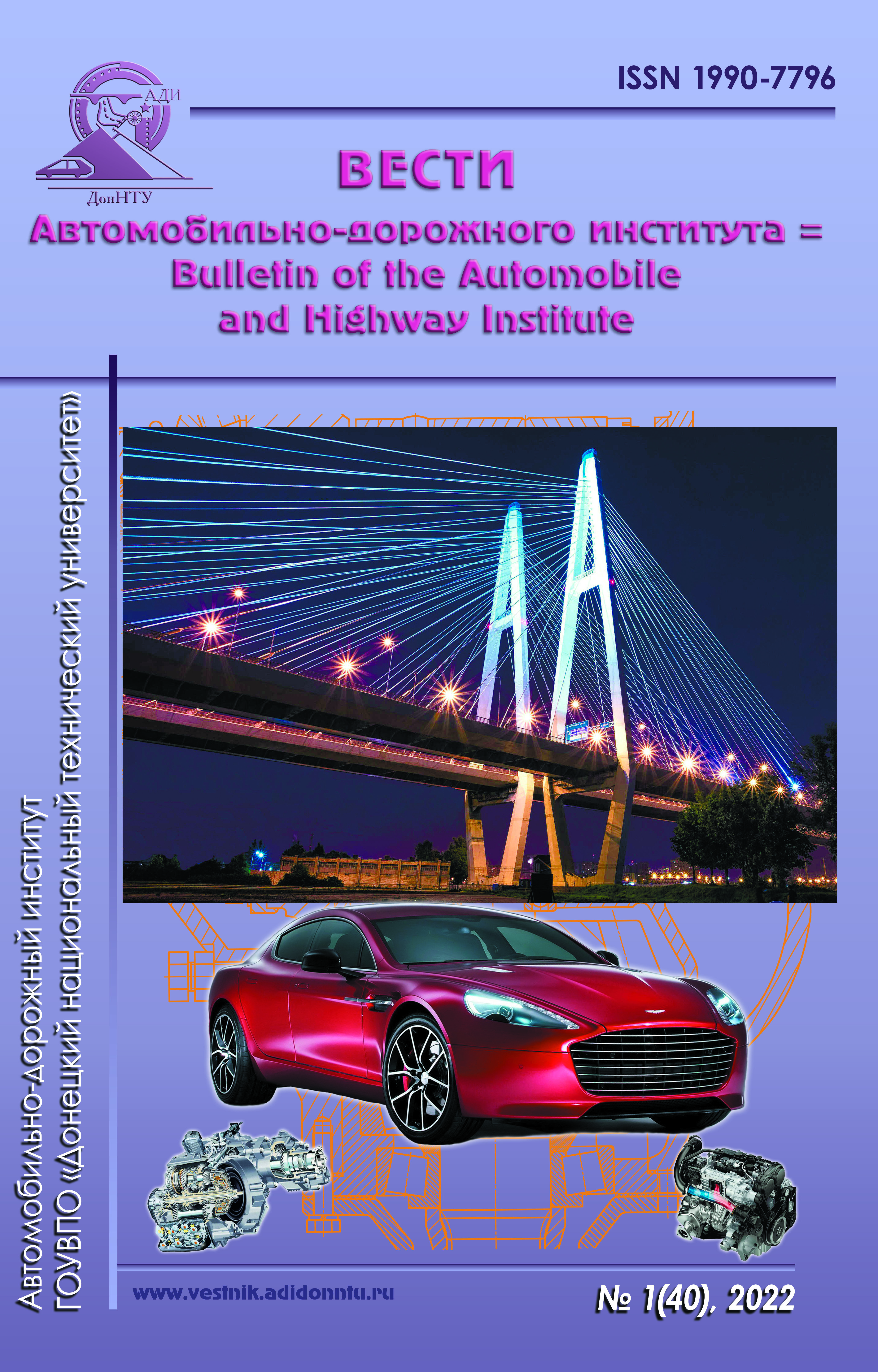Models of the Value Measurement in the Strategic Management System of the Entrepreneurial Structure Sustainable Development
Keywords:
SUSTAINABLE DEVELOPMENT, ENTREPRENEURIAL STRUCTURE, VALUE, VALUE MEASUREMENT, MODEL, VECTOR-FUNCTION, MULTIPLIER, VALUE CO-CREATIONAbstract
The essence of the «value» concept is considered. The relationship between value and sustainable development of the entrepreneurial structure is argued. Based on the study results of the value role in the development of socio-economic systems, it is substantiated that the central element of modern economic systems is the consumer. Focusing on the relationship between business sustainability and the consumer value, it is substantiated that the sustainable development management of an enterprise structure can be effective only if the management is guided in the strategic decisions making by a single target quantitative indicator – the growth of business value for both owners and other categories of stakeholders. The positions of scientists regarding the elements of the consumer value are studied. It is substantiated that the measurement of value is complicated by the fact that the consumer value perception of the same product in different markets can differ significantly.
In order to understand the nature of the created value, a two-factor model of the object value perception is considered, which clearly demonstrates that the completeness of the actual material properties of the object causes the consumer a sense of satisfaction, and their lack reduces it or led to the dissatisfaction. The methodological foundations for the formation of models for measuring value in the enterprise structures, in the system of the enterprise structure sustainable development are studied: additive and multiplicative models of the consumer value, a model for measuring object value properties, a model for measuring social value in business models of sharing.
The generalization of approaches to measuring value made it possible to establish that the value generated by the entrepreneurial structure is the end result, and the processes used for this are the means to achieve them; the process of creating (building) value is an inseparable wholeness of the chain, starting from a strategic idea to its practical implementation.
References
Безгин, К. С. Управление процессом создания ценности на предприятии: полисубъектность и коллаборация : монография / К. С. Безгин. – Харьков : НТМТ, 2015. – 288 с.
Миголь, Е. В. Концепция совместного создания ценности и трансформация бизнес-модели: особенности компаний, отличных по типу производства и экономического взаимодействия / Е. В. Миголь // Финансы: теория и практика. – 2018. – № 22(2). – С.160–170.
Николаев, А. М. Предприятие как система создания ценности / А. М. Николаев. – Текст : электронный // Энциклопедия маркетинга : [интернет-проект]. – URL: https://www.marketing.spb.ru/lib-mm/tactics/value_engineering.htm (дата обращения: 15.01.2022).
Сазанова, С. Л. Ценности хозяйственной деятельности как основание социально-экономических систем / С. Л. Сазанова // Вестник университета. – 2016. – № 1. – С. 257–262.
Степнов, И. М. Измерение ценности в бизнес-моделях совместного использования / И. М. Степнов, Ю. А. Ковальчук // Управленец. – 2020. – Т.11, № 5. – С. 58–69.
Трефилова, И. Н. Эволюция цепочек и создание сетевой ценности / И. Н. Трефилова, В. Е. Прокопцов // Инновационная наука. – 2015. –
№ 12. – С. 291–295.
Урсул, А. Д. Стратегия устойчивого развития в контексте глобализации / А. Д. Урсул, И. В. Ильин, В. А. Лось // Вестник Московского университета. Серия 27 «Глобалистика и геополитика». – 2015. – № 1–2. – С. 49–65.
Яковлева-Чернышева, А. Ю. Теоретические аспекты процесса управления устойчивым развитием предпринимательской организации /
А. Ю. Яковлева-Чернышева // Гуманизация образования. – 2015. – № 1. – С. 56–62.
Christensen, C. The Innovator’s Dilemma: Тhe Revolutionary Book that Will Change the Way You Do Business / С. Christensen. – Cambridge : Collins, 2011. – 296 р.
Lawrence, J. Sustainability as Opportunity: Unilever’s Sustainable Living Plan / J. Lawrence, A. Rasche, K. Kenny // Managing Sustainable Business An Executive Education Case and Textbook ; edited by G. G. Lenssen, N. C. Smith – Dordrecht : Springer Science+Business Media B. V. – 2019. – С. 435–455.
Designing Business Models for Value Co-Creation / K. Storbacka, Р. Frow, S. Nenonen, A. Payne // Toward a Better Understanding of the Role of Value in Markets and Marketing. – 2015. – № 9. – С. 51–78.
Vargo, S. On A Theory of Markets and Marketing: From Positively Normative to Normatively Positive / S. Vargo, // Australasian Marketing Journal (AMJ). – 2007. – № 15(1). – С. 53–60.
Zott, C. Business Model Design: An Activity System Perspective / С. Zott, R. Amit // Long Range Planning. – 2010. – № 43(2–3). – С. 216–226.
Салимова, Т. А. Инструментарий оценки устойчивого развития организации / Т. А. Салимова, Д. Д. Гудкова // Научно-технические ведомости СПбГПУ. Экономические науки. – 2017. – Т. 10, № 5. – С. 151–160.
Шмигин, И. Философия потребления / И. Шмигин ; перевод с английского. – Харьков : Гуманитарный центр, 2009. – 304 с.
Романов, В. Н. Системный анализ для инженеров / В. Н. Романов. – Санкт-Петербург : СЗГЗТУ. – 2006. –186 с.
Galvagno, M. Theory of value co-creation: a systematic literature review / M. Galvagno, D. Dalli // Managing Service Quality: An International Journal. – 2014. –№ 24(6). – С. 643–683.


